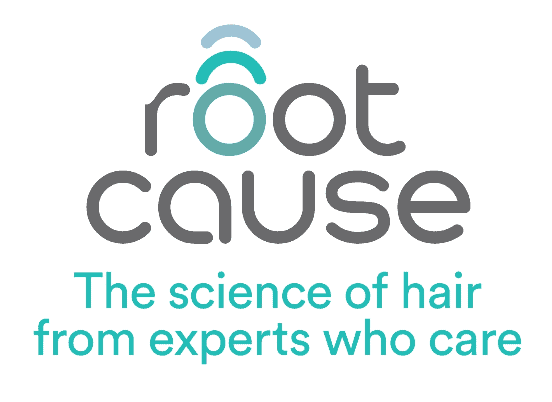Can too little iron cause hair loss?
08.27.23
While vitamins are incredibly important to help keep our hair, thick and healthy, so are minerals such as iron, zinc, magnesium and selenium also.
Whilst there is plenty of information around the positive impacts of vitamins, there seems to be less awareness about the positive impacts of keeping your essential mineral levels in check to help the fullness of your hair.
In this article, we explain the relationship between iron, our hair follicles and the hair growing cycle to help give you some pointers to help keep your hair, super healthy.
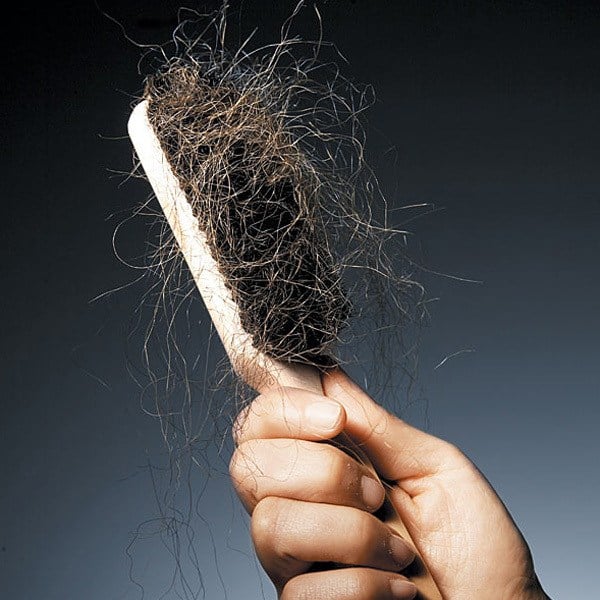
Discussing triggers of hair loss
It is very common during Root Cause Clinical video consultations to discuss nutritional and underlying factors that can trigger types of hair loss.
When we are talking to clients, they have often been experiencing symptoms of hair loss for some time and have reached out for vitamins to help improve their hair thickness.
First, let’s talk about iron and hair loss!
What we know about iron is it supports the production of haemoglobin, and it is the haemoglobin in our red blood cells that transports oxygen around our system.
When we look at our hair follicle, it is in effect a microorganism (a mini you and I), and like you and I, the hair follicle thrives on oxygen.
If we are not producing enough haemoglobin, then our body may prioritise where it uses the oxygen rich blood first.
Whilst for us our hair is emotionally so important, unfortunately biologically for the body it is less so.
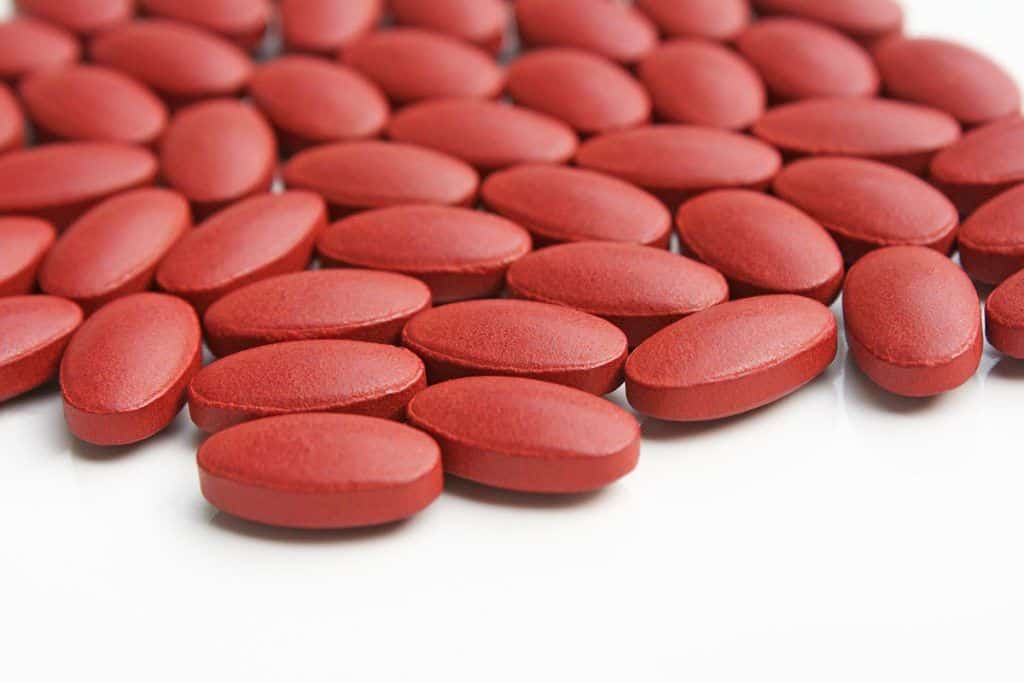
Iron deficiency
This can mean if we are iron deficient and have low haemoglobin levels resulting in less effective, oxygen distribution, then our hair follicles may not get the oxygen levels they require and this triggers an interruption with the hair growing phase.
This hair thinning condition is known as telogen effluvium. Telogen effluvium is where the natural cycle of a hair follicle from growing, to resting, to shedding is out of rhythm.
If there is not enough, oxygen delivered into a hair follicle the growing phases (anagen) of the hair follicle, shorten, and we start to shed more hair than we would normally.
Whilst we would normally shed hair at a rate of around 10% of our total hair follicles, when telogen effluvium is triggered, this can elevate to as much as 30% of our total hair follicles.
This results in us seeing sometimes three times as much hair fall than we would do normally.
Understanding minerals are most important, and this is one of the reasons trichologists study and get certified in reading blood test results with regards the impact on the growing phases of our hair.
In summary keeping our levels iron optimised are very important, and it is thought that ferritin levels of 70+ are the optimal ranges of stored iron.
Nutrition and hair loss
But what else can help us understand the importance of iron? Our nutritional partner, Nissa from Nutritionally Nissa, give us a further insight.
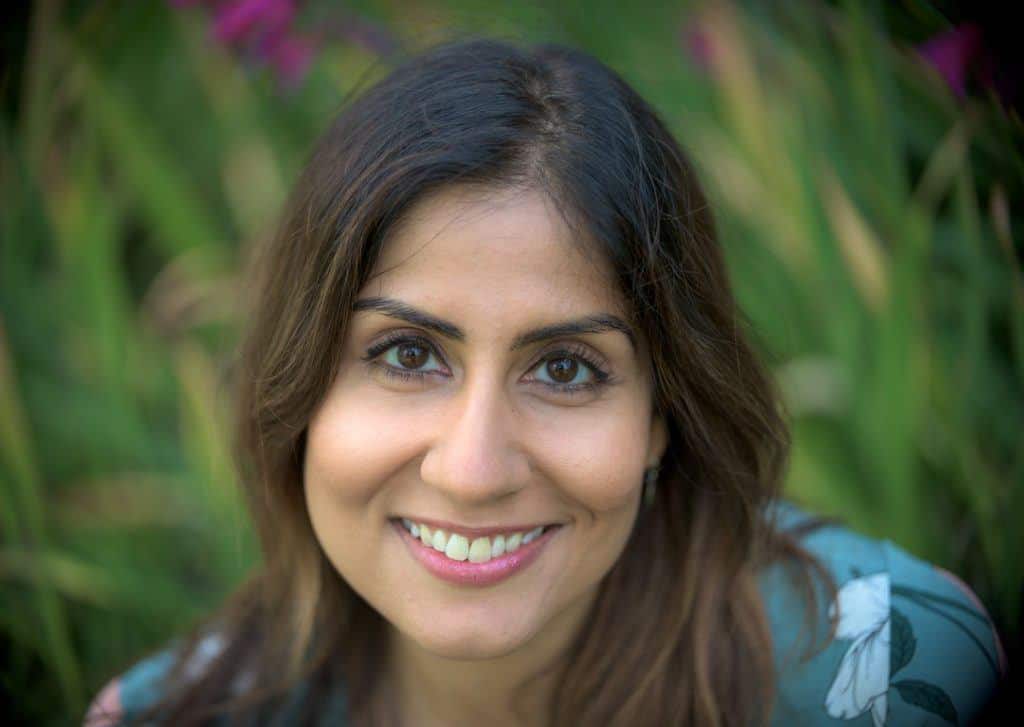
Iron is an essential nutrient for growth, and as already mentioned plays a critical role in the body as it forms a part of haemoglobin in red blood cells that carry oxygen around the body.
Iron is also important for energy production, muscle function, DNA synthesis and maintaining a healthy immune system.
Iron deficiency anaemia occurs when your bodies stores of iron are depleted, leading to low amount of red blood cells produced.
Signs of mild deficiency include pale skin and tiredness and lacking energy. Other symptoms of more severe deficiency include brittle nails, thinning hair, itchy skin, mouth ulcers and heart palpitations, difficulty concentrating and breathlessness.
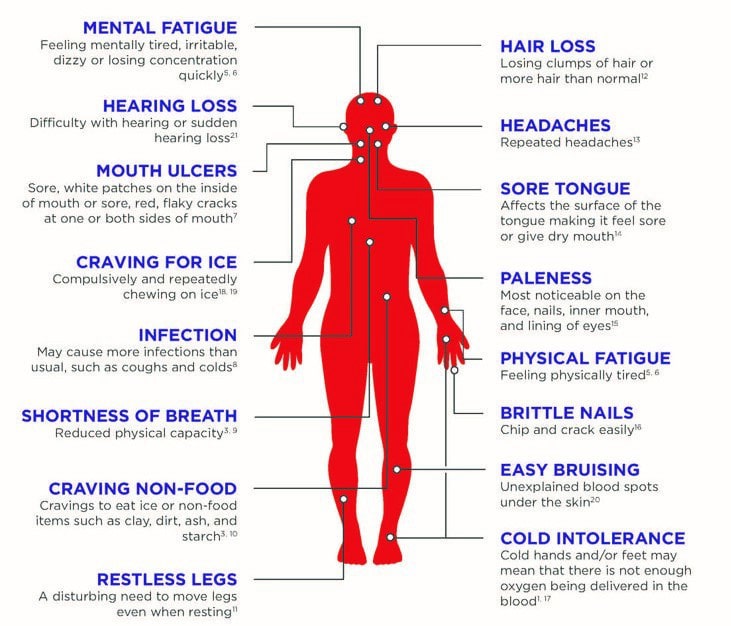
We obtain most iron we need from our diet and our body carefully monitors our levels absorbing the right amount of iron from our diet according to the needs of our body.
The nutrient reference intake for iron is 14.8mg a day for women of reproductive age and 8.7mg for men and women post menopause . Adolescent males (age 11-18 years) require 11.3mg of iron a day.
Iron is found in the diet in two forms, as haem iron which is found in meat and other animal products, and non haem-iron which is found in both animal and plant products. Both differ In its chemical composition and how they are absorbed by the body. Haem- iron is highly bioavailable and easily absorbed by the body in comparison to non-heme iron.
Plant based sources of iron (non-heam) include:
- Pulses and legumes, such as beans, peas and lentils
- Dark green vegetables such as spinach, kale and broccoli
- Nuts and seeds.
- Dried figs and apricots
- Quinoa
- Tofu
- Blackstrap molasses
Animal based sources (heam) include:
- Red meat such as beef, lamb and venison and liver are well absorbed sources of iron*
- Fish, and poultry especially chicken thighs.
*It is important to keep in mind to not exceed more than 70g of red meat a day and avoid processed meats.
There may be various reasons why you may be low in iron, including blood loss due to surgery or menstruation, during times when the body requires more iron as in pregnancy, early childhood or adolescence and low dietary intake.
Vegans or vegetarians need to be aware that sources of iron in plant foods are not as readily available to the body. Vitamin C helps with the absorption of non-heme iron, therefore I suggest eating citrus fruits or tomatoes which are rich in vitamin C alongside plant sources of iron such as spinach or pulses.
Another reason behind deficiency may be more poor absorption of iron by the gut due to digestive difficulties such as low acid production. This is more common in the elderly or in cases where someone presents with chronic diarrhoea or prolonged use of antacid medications.

Some compounds that are found in plant foods can also interfere with the absorption of iron. These include tannins found in black tea, both caffeinated and decaf , phytates that are found in lentils, beans and wheat and oxylates that are found in spinach, nuts and chocolate.
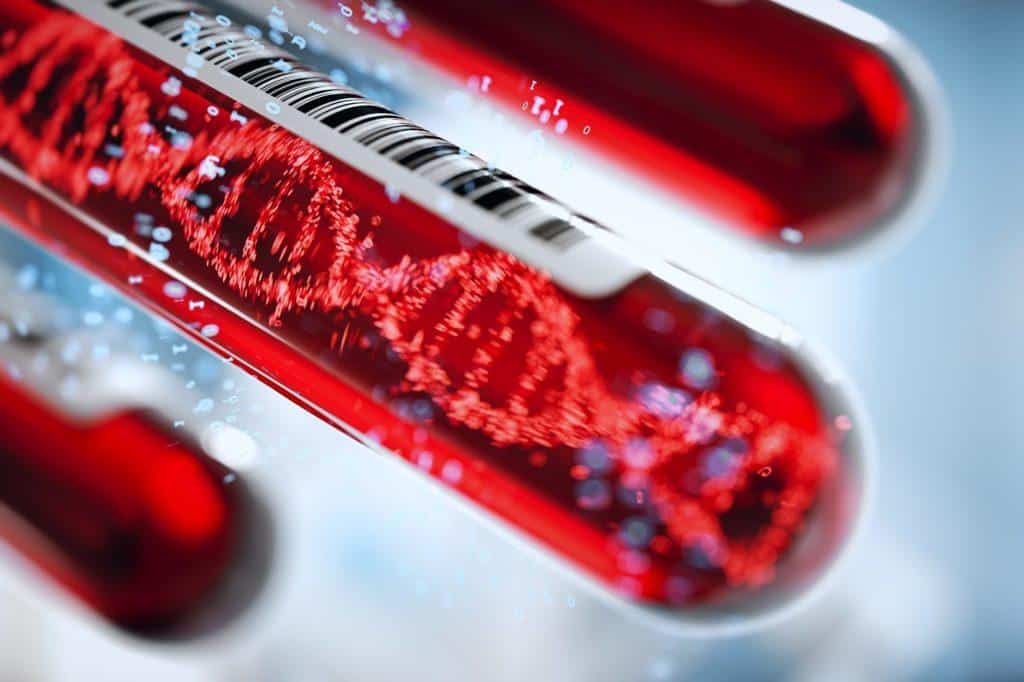
Remember, it is important to have a blood test to confirm iron levels and that these should be reviewed by a trichologist if there are hair and scalp symptoms, and a nutritionist where there are gut symptoms.
Nissa is a dedicated Nutritional Therapist and Naturopath. Her passion lies in guiding people, with a particular specialism in women, dealing with chronic digestive symptoms and histamine intolerance to discover a life free from discomfort. By deciphering the intricate relationship between food and well-being, she empowers her clients to enjoy meals without the worry of painful reactions or bloating.
If you want a better understanding of your nutritional needs book a consultation with Nissa and quote RootCause.
If you are experiencing hair loss and concerned you may be mineral deficient, book a Root Cause Clinical consultation now.
